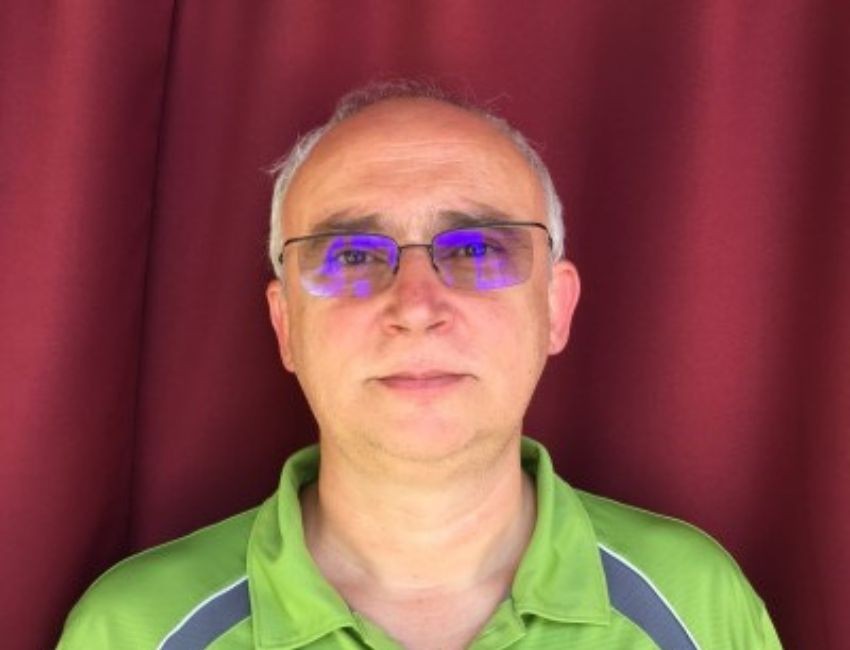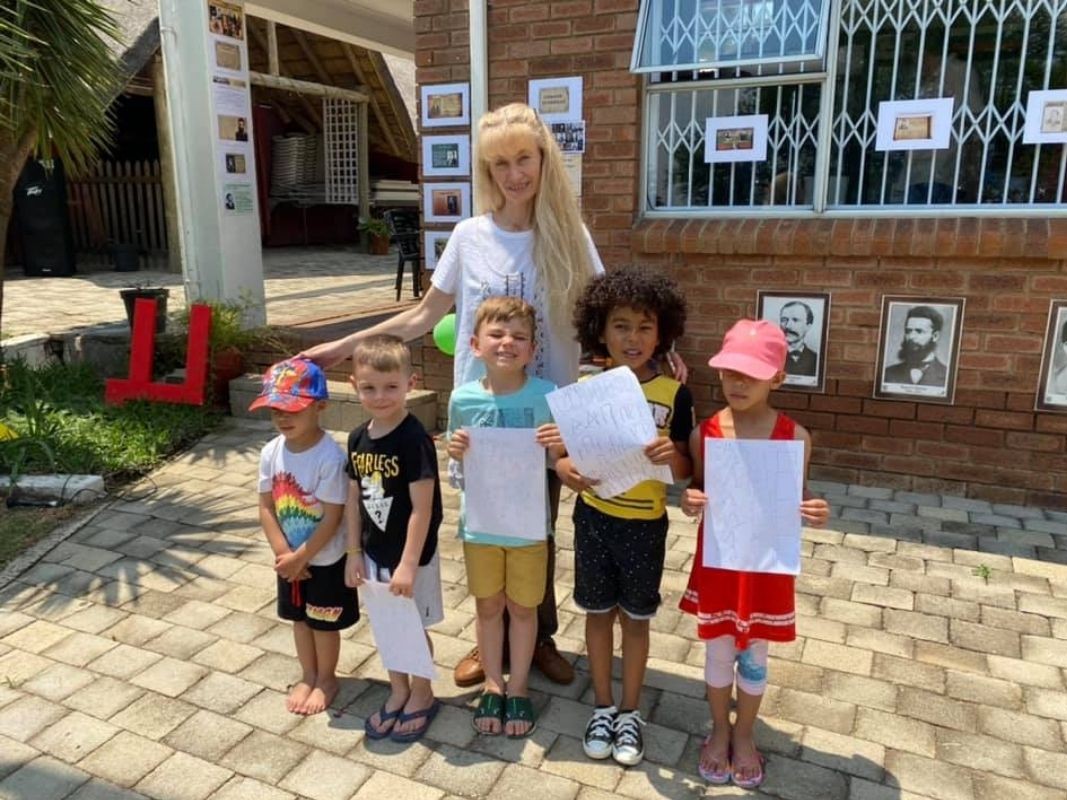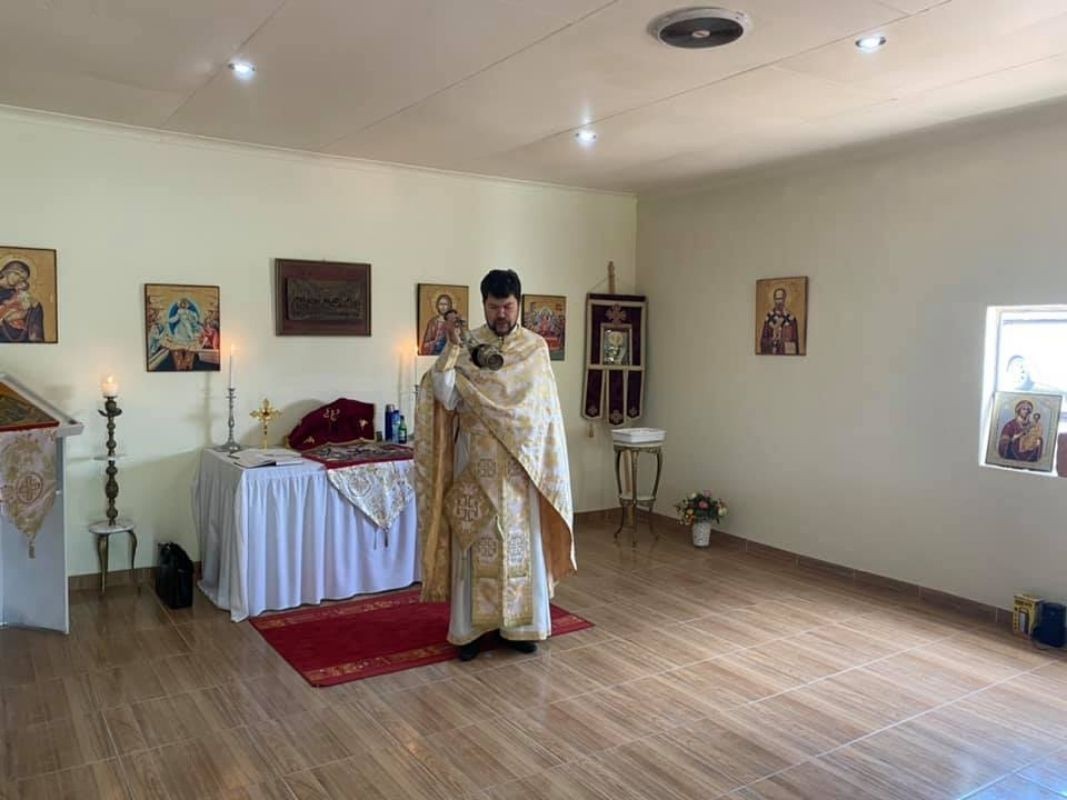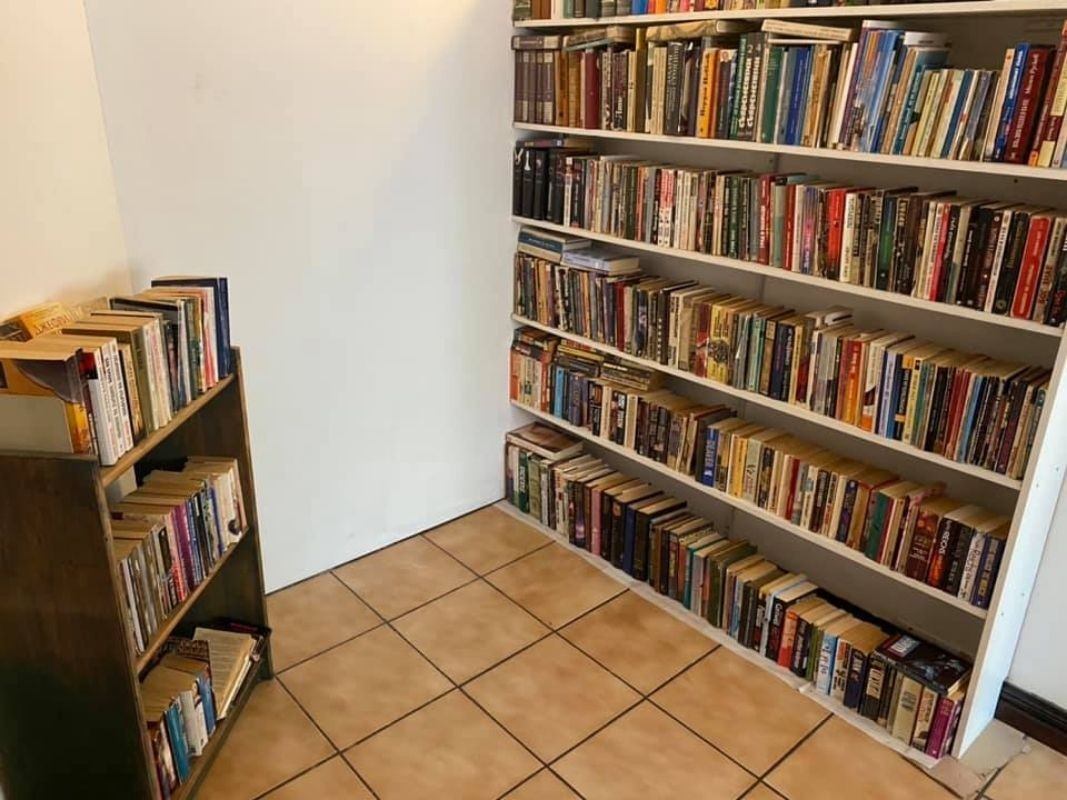The beginning of the 90s of the XX century was a period of active changes, searches, and experiments for many Bulgarians. The fall of the Iron Curtain brought an end to the restrictions of socialism. Many were forced to change their profession, start their own business, change the place of living and the country in search of better opportunities. Some of them choose South Africa as their second home. The biggest wave of Bulgarian emigrants there was in the years from 1990 to 1995, says Jordan Radkev, chairman of the Bulgarian Society in South Africa. Bulgarian compatriots continued to arrive even after that, but five years ago the trend reversed due to the economic situation and other problems. According to information provided to us by the press center of the Ministry of Foreign Affairs, 3 to 4 thousand Bulgarians reside in South Africa permanently these days.

First steps in South Africa
Jordan Radkev himself emigrated at the end of June 1995:
2810 Jordan Radkev 1
“In fact, I took the first direct flight of Balkan Airlines (the name of the national air carrier until 2002) to Johannesburg. Before that, people used to travel to Zimbabwe and from there by bus. South Africa is a country of extremely great contrasts… There we saw something we had never seen in Bulgaria. We had seen neither the bad, nor the good things before. It was quite a change. There were difficulties, of course."
Bulgarian education allows rapid adaptation
However, most Bulgarians who go to South Africa adapt quickly, find work and even start their own business. In Bulgaria, Jordan Radkev and his wife were university professors. In Johannesburg, he works as a software engineer and she works as a business analyst.
“The education we received in Bulgaria is extremely valuable. Here, with the knowledge we have and a little adaptation to local requirements and conditions, one can do quite well in almost all areas," Jordan Radkev says.
Bulgarians in South Africa are successful in mechanical engineering, construction, crane construction, trade, accounting, in the field of radio transmitters and others.
The church, the school, the celebrations
Far from their homeland, Bulgarians live together, support each other and celebrate Bulgarian holidays together. The Day of National Enlighteners - November 1 is special for them and they organize big concerts.

“We have professional musicians here, but we do not have professional actors. And yet there are many willing to appear on stage. It's very interesting and the fun is great. About 300-400 people come to the biggest gatherings in the Bulgarian club," Jordan Radkev has told Radio Bulgaria.

In the club in Midrand, Bulgarians have a shop with Bulgarian goods and a restaurant with Bulgarian cuisine.
On Sunday morning, our compatriots in Johannesburg gather for the services of priest Yonko Ivanov in the Bulgarian Chapel. They hope to start the construction of a Bulgarian church next year. With the support of the Directorate on Religious Denominations in Bulgaria and the assistance of the Bulgarian Embassy, they have managed to buy land. However, the struggle with local administration for a permit has been going on for years.

During the church service, the children of Bulgarians learn to read and write in Bulgarian in the Bulgarian Sunday school. Although thousands of kilometers away from their native places, "people keep in touch with Bulgaria," Jordan Radkev points out.

English: Alexander Markov
Photos: Bulgarian Society in South Africa and Facebook /Pavlinka KovatchevaAmendments to the Energy Act adopted in the Bulgarian Parliament have moved the start of the transitional period of electricity market liberalisation forward in time by one year - to 1 July 2025. The changes should provide a gradual opportunity for..
The State Agency for Child Protection has announced a competition for a logo for the National Telephone Line for Children 116 111 and its chat application. It is open to inspired artists aged between 11 and 16, the agency said, who have complete..
A real meeting marks the beginning of the virtual Literary Festival "May Festive Readings", which since 2020 has been organized by the Society for Poetry and Literary Prose "Glagolnitsa" at the Bulgarian Cultural and Heritage Center of Seattle ...
Tonight is the official start of the campaign for the selection of the Mountain Hut of the Year, 2024. The huts and shelters nominated in the competition..
The Annual International Conference of the Institute for Bulgarian Language "Prof. Lyubomir Andreichin" at the Bulgarian Academy of Sciences will be held..
The number of vineyards in Bulgaria is falling dramatically, Atanas Vassilev, president of the National Association of Bulgarian Winegrowers, told BNR...

+359 2 9336 661
